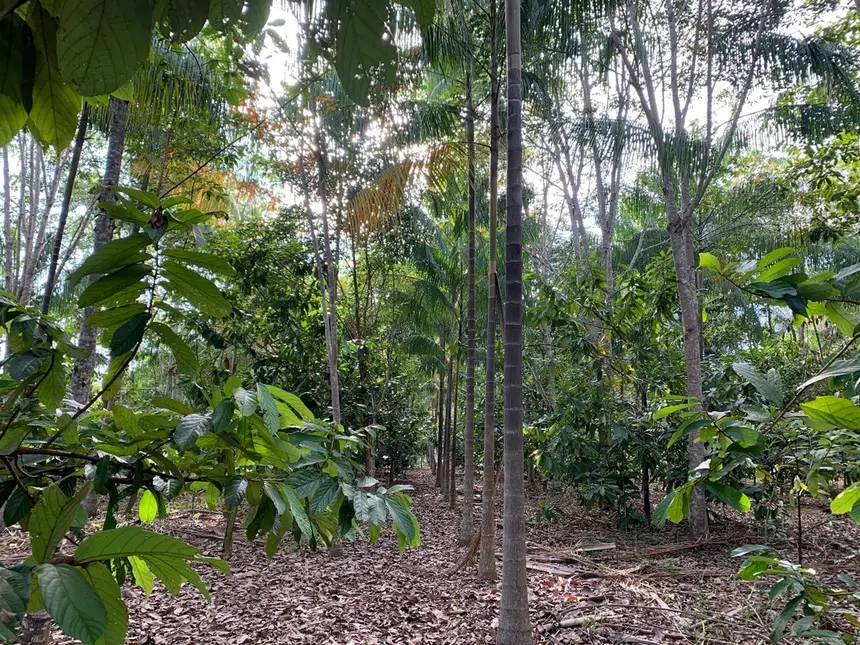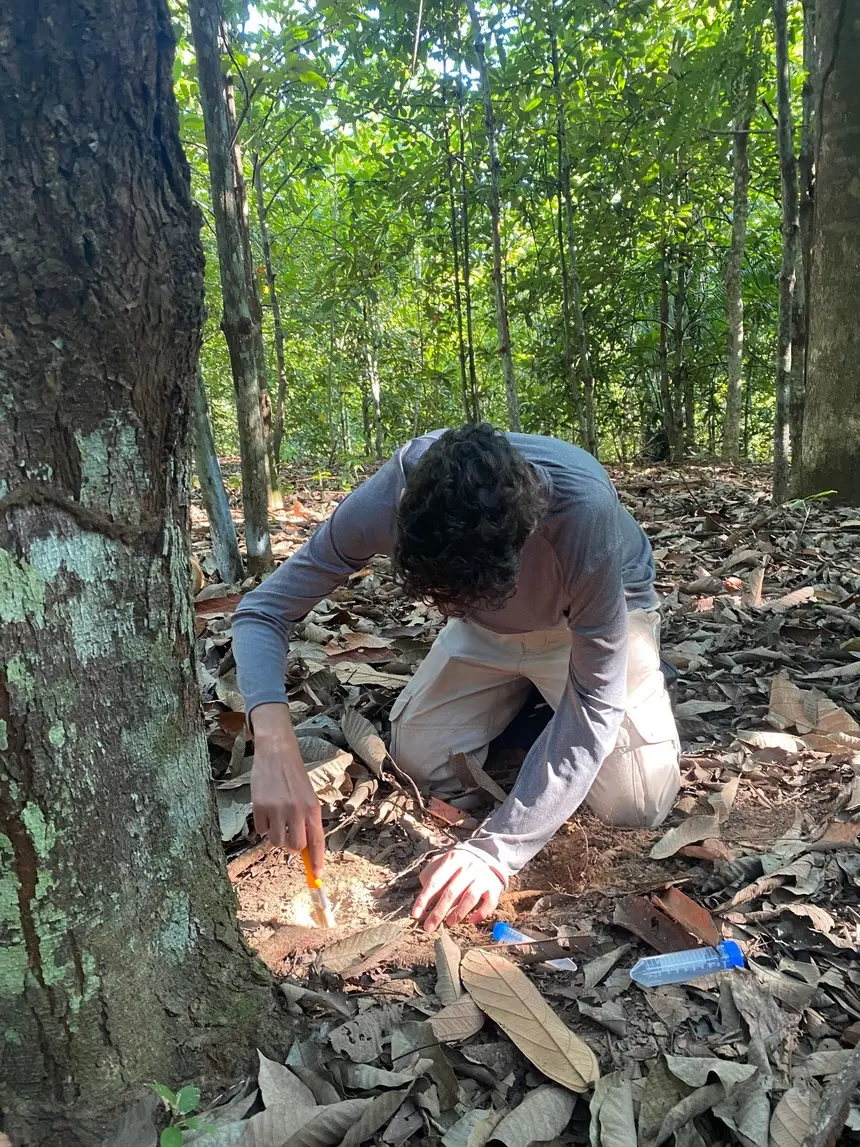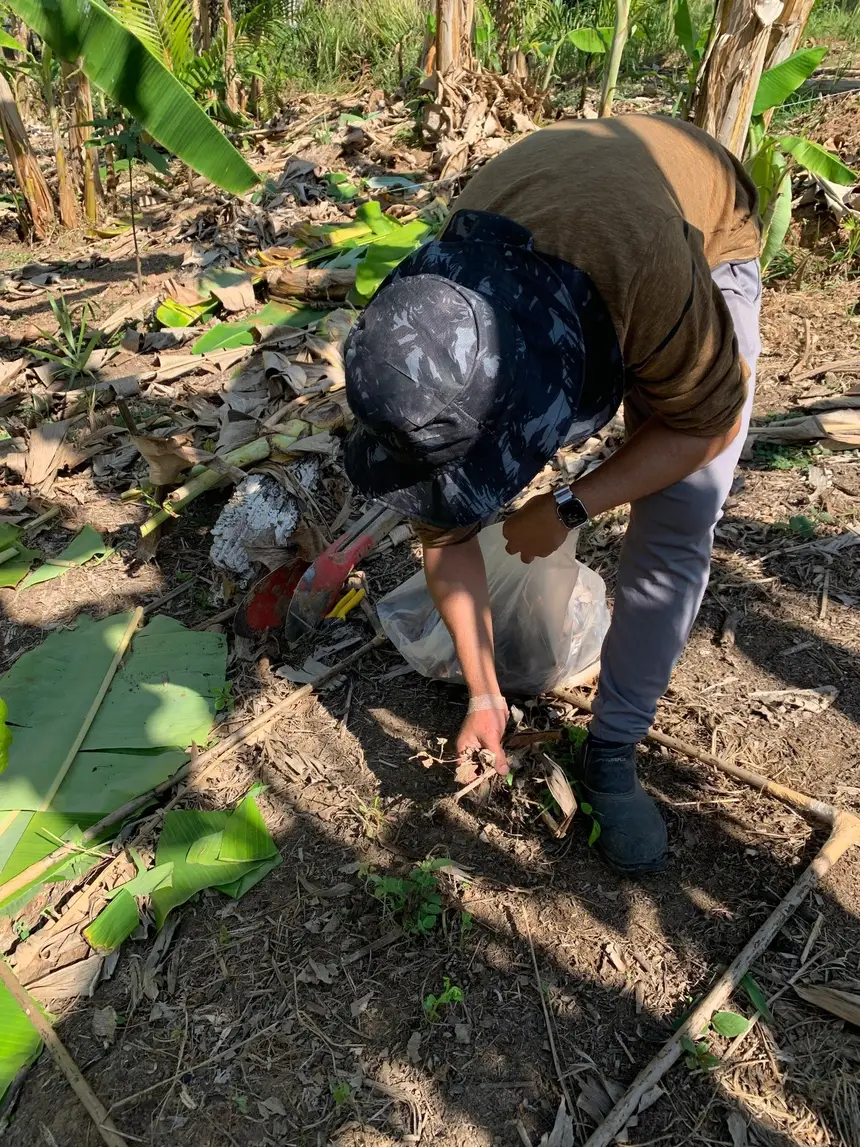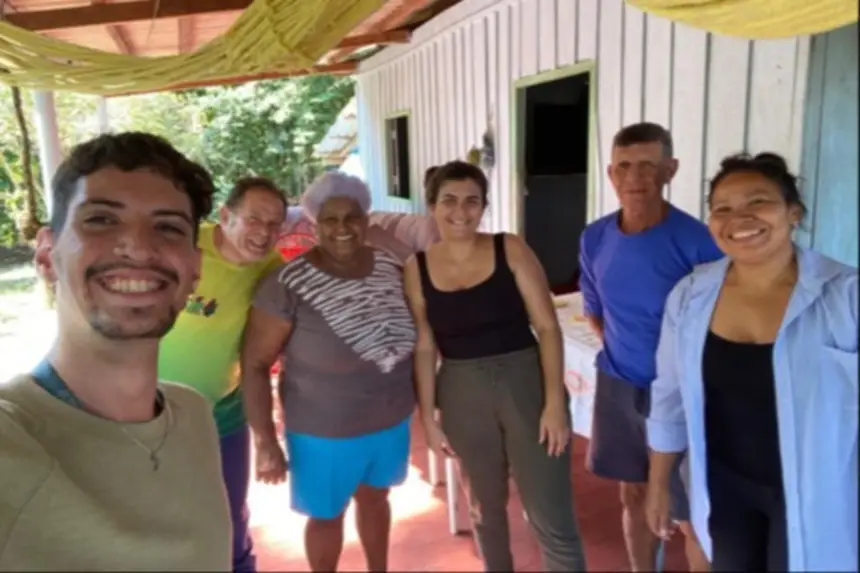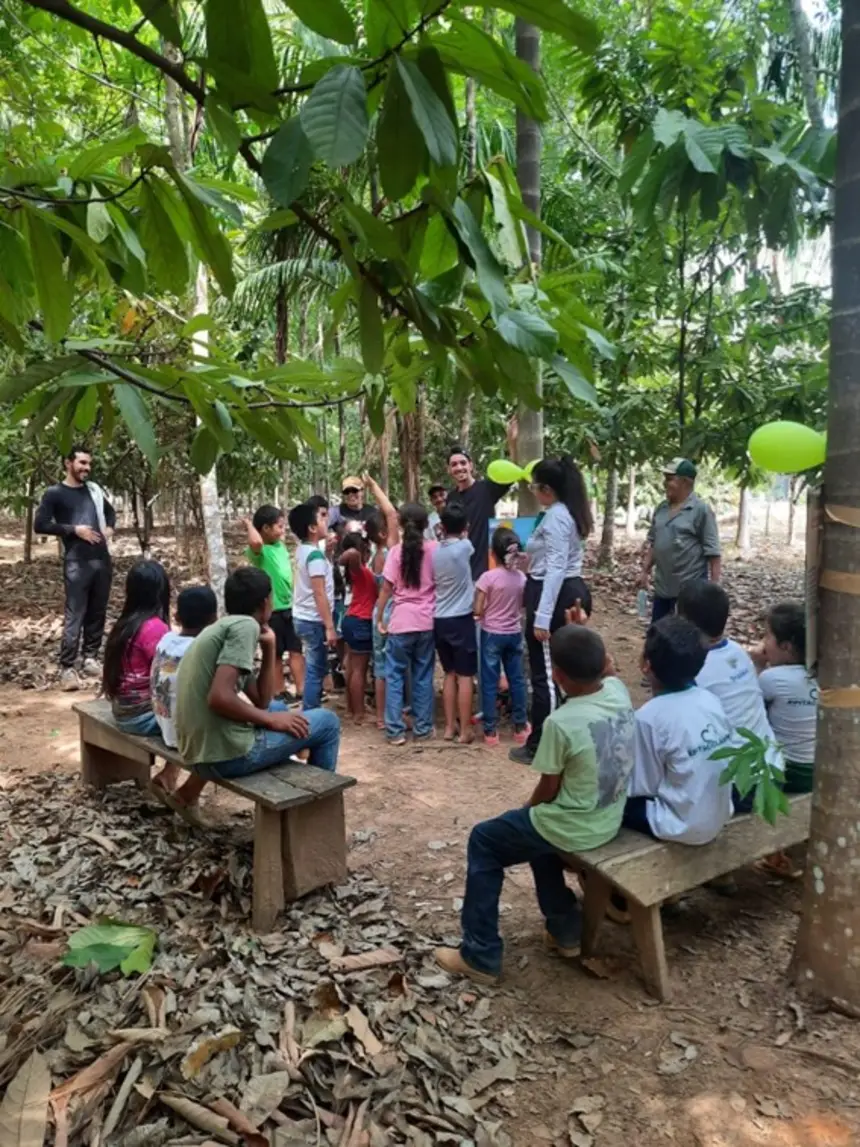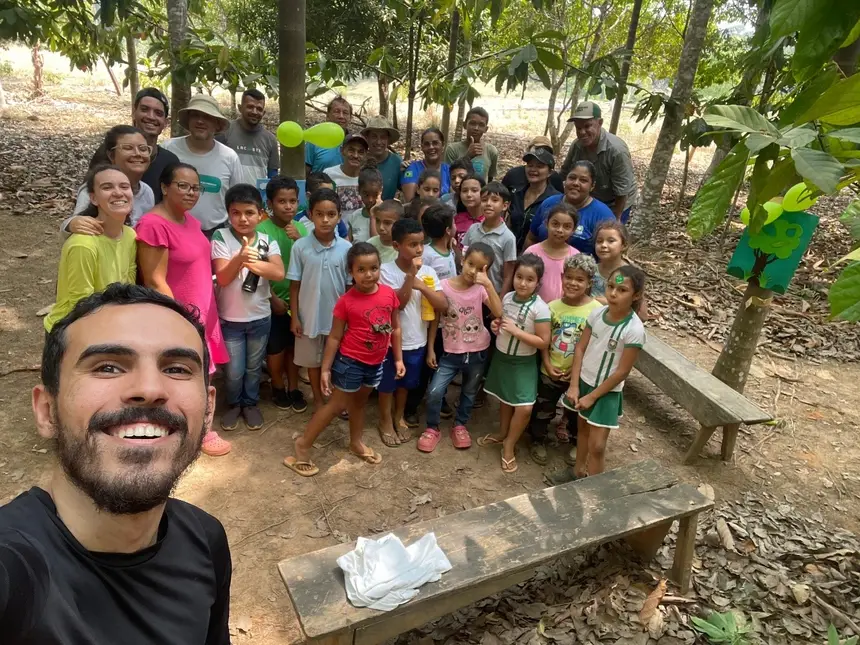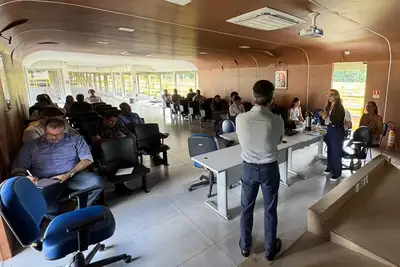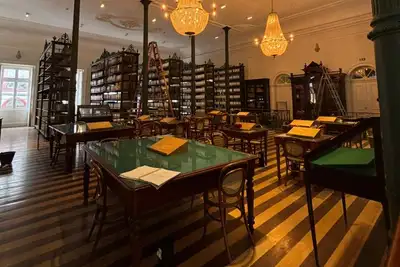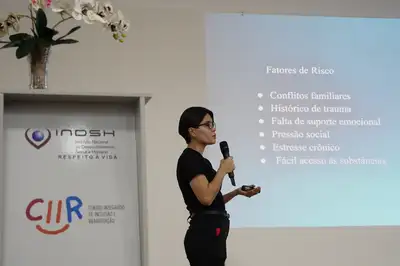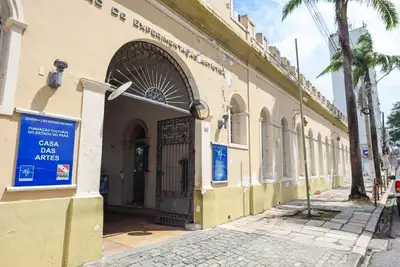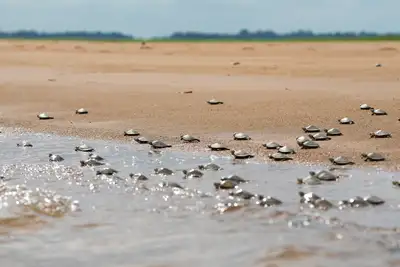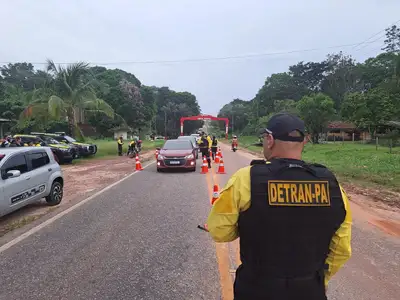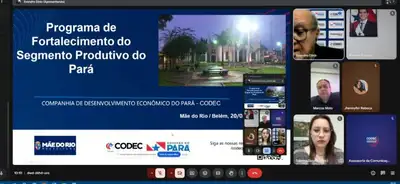Fapespa-funded study evaluates ecological and social effects of Agroforestry Systems
Research is being developed in the Chico Mendes Reserve, in Acre (AC), and is part of the 'Amazon +10' initiative, a collective effort of the states of PA, AC, and SP
The care for the forest and the people who inhabit it is the focus of the research project that studies the effects of agroforestry practices on the well-being and ecosystems of southwestern Amazon. The initiative is part of the so-called Amazon +10, and brings together efforts from three states and their respective research support foundations: the Amazon Foundation for Support of Studies and Research (Fapespa), the São Paulo Research Foundation (Fapesp), and the Acre State Research Support Foundation (Fapac).
The project also has the active participation of important academic institutions: the Federal University of Pará (UFPA), the Federal University of Acre (UFAC), the State University of Campinas (UNICAMP), among others, such as ICMBio, non-governmental organizations, and local community associations.
“Conducting research in the Amazon involves high costs and, even today, significant asymmetries persist in the distribution of resources for science and technology among regions in Brazil, and the support from Fapespa has been decisive not only for the execution of activities but also for the consolidation of excellent science, capable of generating robust indicators and innovative interpretations about the role of agroforestry practices. With the resources received, it was possible to acquire permanent materials and fund field campaigns,” explains Professor Dr. Grazielle Sales Teodoro, a professor at the Institute of Biological Sciences at the Federal University of Pará (UFPA), and coordinator of the Environmental Working Group (GT).
Through the articulations with Fapespa and CNPq, the project obtained a master's scholarship funded by CNPq, highlighting the significant contribution of the project to the training of new researchers, such as researcher Anthony Barbosa da Silva, Master in Tropical Botany from the Emílio Goeldi Museum (MEG), with a research project funded by Fapespa. He is currently a doctoral student in the Graduate Program in Ecology at UFPA.
The activities are developed in an integrated and interdisciplinary manner, involving researchers, students, and local communities, aiming to seek strategies that reconcile environmental conservation with income generation.
The project acts directly in the collection of field data, establishing ecological and social indicators that allow understanding how the adopted agroforestry practices influence the functioning of ecosystems and the well-being of Amazonian populations, especially in the Chico Mendes Extractive Reserve (RESEX) – an environmental conservation unit in the state of Acre, created in 1990, with the aim of protecting the Amazon rainforest and conserving the traditional way of life of the communities in the region, which depend on the sustainable extraction of forest resources.
The main motivation of the project is to promote, in a participatory manner, the evaluation and monitoring of the effectiveness of alternative initiatives to deforestation in the southwestern Amazon, with an emphasis on Agroforestry Systems (SAFs), integrating environmental, economic, and social dimensions, all of great relevance for biodiversity conservation and sustainable development.
The team from Pará, coordinated by Professor Dr. Grazielle Sales Teodoro, states that the main objective is to monitor the effectiveness of SAFs in the conservation of aquatic and terrestrial biodiversity, as well as in the ecosystem functions promoted by SAFs over time. "The project encompasses social and economic dimensions, aiming to evaluate the socioeconomic performance of extractive families in the pursuit of strengthening productive chains,” she says.
In the research, the mechanisms of carbon capture and the construction of socio-bioeconomic indicators adjusted to the Amazonian reality are also considered.
Agroforestry Systems (SAFs) - They are production systems that integrate the agricultural cultivation of plants and/or animals with the planting of trees, aiming for sustainable food production, the recovery of degraded areas, and also the recovery of soil and water. These systems seek to optimize land use and create a resilient ecosystem in the implemented regions.
According to the Technical Note, the Economic Context of Forest Production in Pará, prepared by Fapespa in 2024, with data from the Agricultural Census from 2006 to 2017, SAFs are fundamental for environmental sustainability, as they contribute to recovering degraded areas, preserving local biodiversity, and reducing the impacts of climate change.
Official data observe growth patterns in the use of these systems in the North Region, highlighting Pará, which stands out for its great potential for implementation, due to its vast area and high ecological diversity. The results indicate a concentration of agroforestry practices in the state, which leads by a wide margin, concentrating 60.5% of the regional total and recording the highest absolute growth, with 3,684 new establishments (+18.2%), jumping from 20,252 to 23,936 establishments that have SAFs.
Results - So far, the project is progressing successfully, and the results are quite positive regarding the implementation of SAFs, which stand out as an effective alternative to deforestation in the Amazon, as they promote carbon sequestration, biodiversity conservation, and the maintenance of ecosystem functions. With the proposal, important gaps regarding the functioning of SAFs are being filled, as these planting systems play a fundamental role for the communities of the Chico Mendes extractive reserve, which actively participates in its various stages from conception.
Moreover, through the implementation of SAFs, some areas of the RESEX are being restored, in the context of this project, highlighting the importance of the initiative in maintaining the areas of this community. “This integration between science and society is essential to ensure that the results generated promote both the strengthening of communities and the conservation of the forest. We hope that the results can contribute to the improvement of public policies,” reinforces the researcher.
For the Environmental Working Group, the results reinforce an ongoing discussion about the enormous potential of Agroforestry Systems, as they provide not only food and income but also essential ecosystem services such as carbon storage and natural soil fertilization. With an article submitted to the journal Science of the Total Environment (STOTEN), but still under review, an interesting result of the research is the finding that farmers who manage these systems act, in a way, as “ecological designers.”
This designation suggests that cultivation decisions in environmental areas, combined with the time required for establishing ecological interactions, promote a “functional migration” in the strategies of acquisitive species (fast-growing) to conservative species (which prioritize resource storage). Over time, there are more fertile, multifunctional, and productive environments. These results place SAFs in a new ecological perspective, showing how human action can positively shape plant strategies and the functioning of ecosystems in SAFs, developing alternatives for future generations of these communities.
“The Amazon +10 initiative is a collective effort of 25 state foundations, which are bringing very important insights from science, technology, and innovation for the sustainable development of our region, and here we have a project that exemplifies this very well: the understanding of how agroforestry systems really work. And promoting this understanding for the internalization of the communities, which are the main users and the greatest beneficiaries of this technology, is essential for us to continuously improve models that unite biodiversity conservation and the productivity necessary for the quality of life of our population,” reinforced Marcel Botelho, president of Fapespa.
*Text by Jeisa Nascimento



